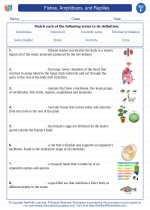Fishes, Amphibians, and Reptiles -> change
Change in Science
Change is a fundamental concept in science that refers to the transformation or alteration of a substance, object, or system. It is a process through which something becomes different from its initial state. Change can occur in various forms, including physical, chemical, and biological changes.
Types of Change
1. Physical Change: This type of change involves alterations in the physical properties of a substance without changing its chemical composition. Examples include changes in state (solid to liquid, liquid to gas), changes in shape or size, and changes in texture.
2. Chemical Change: Chemical change involves the transformation of substances into new substances with different chemical compositions. This typically involves the breaking and forming of chemical bonds. Examples include combustion, rusting, and digestion.
3. Biological Change: Biological change refers to the processes occurring in living organisms that result in growth, development, reproduction, and aging. It encompasses physiological changes, genetic changes, and ecological changes within ecosystems.
Factors Affecting Change
Several factors can influence the occurrence and nature of change:
1. Temperature: Changes in temperature can affect the rate and extent of both physical and chemical changes. Higher temperatures generally increase the speed of chemical reactions.
2. Pressure: Pressure can impact the state of matter and contribute to changes in physical properties. For instance, increasing pressure can cause gases to liquefy.
3. Catalysts: Catalysts are substances that can accelerate chemical reactions without being consumed in the process. They can facilitate change by lowering the activation energy required for a reaction to occur.
Studying Change
When studying change in science, it is important to consider the following key points:
1. Observation: Careful and systematic observation is crucial for identifying and understanding different types of changes.
2. Experimentation: Conducting experiments allows scientists to investigate the factors that influence change and to gather quantitative data to support their findings.
3. Analysis: Analyzing the results of experiments and observations helps in drawing conclusions about the nature and mechanisms of change.
4. Documentation: Documenting findings and observations is essential for building a body of scientific knowledge about change and its effects on various phenomena.
Study Guide
Here are some key questions and concepts to focus on when studying the topic of change:
- What are the different types of change in science?
- How do physical and chemical changes differ from each other?
- What factors can influence the rate and extent of change?
- What are some real-life examples of physical, chemical, and biological changes?
- How do scientists study and investigate change in different systems?
- Why is it important to understand the concept of change in various scientific disciplines?
By exploring these questions and concepts, you can develop a deeper understanding of the role of change in the natural world and its significance in scientific inquiry.
Good luck with your studies!
[Change] Related Worksheets and Study Guides:
.◂Science Worksheets and Study Guides Sixth Grade. Fishes, Amphibians, and Reptiles
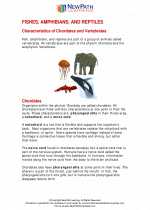
 Activity Lesson
Activity Lesson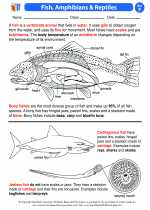
 Worksheet/Answer key
Worksheet/Answer key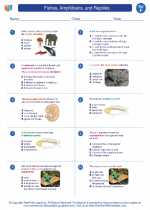
 Worksheet/Answer key
Worksheet/Answer key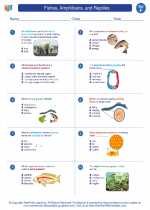
 Worksheet/Answer key
Worksheet/Answer key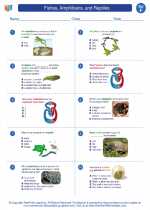
 Worksheet/Answer key
Worksheet/Answer key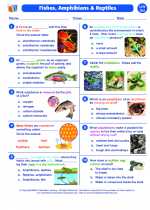
 Vocabulary/Answer key
Vocabulary/Answer key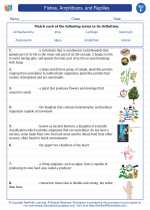
 Vocabulary/Answer key
Vocabulary/Answer key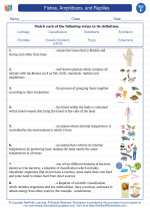
 Vocabulary/Answer key
Vocabulary/Answer key
 Vocabulary/Answer key
Vocabulary/Answer key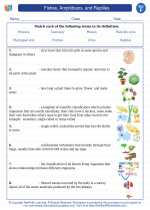
 Vocabulary/Answer key
Vocabulary/Answer key